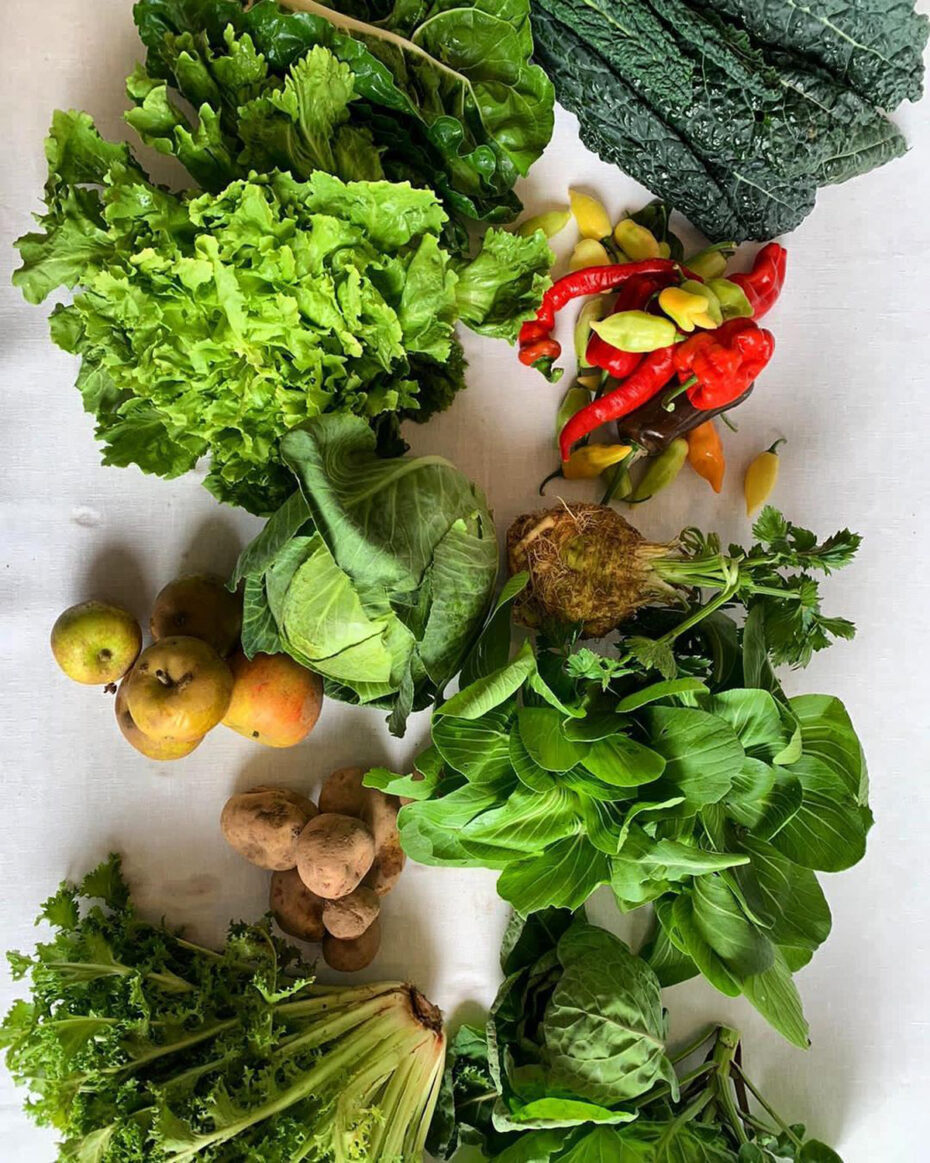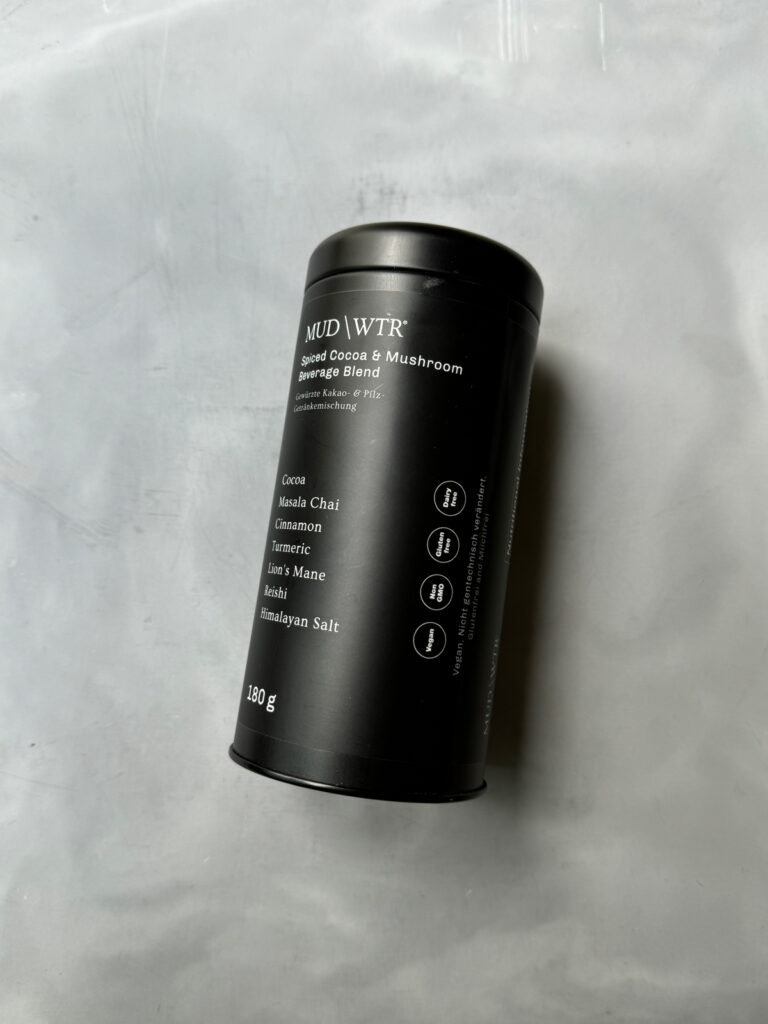
Photo: Spring To Go
Stories
Why Eating More Fiber Might Be The Best Thing You Do Today
Dietitian Esen Boyacıgiller weighs in on the multiple benefits of fiber.
Text Esen Boyacıgiller
We are obsessed with protein. Ask anyone for the key to a healthy diet, and they will surely mention protein. And for good reason. Protein is an essential nutrient that helps with muscle growth and maintenance, keeps you full, thus helping with weight maintenance and loss, is good for your bones, and much more. You should pay attention to and ensure you are getting sufficient protein, which is generally recommended as 0.8 grams per kilogram of body weight per day. I recommend my clients who are trying to lose weight go up to 1.2g/kg (more than 2.2g/kg is not advised as it can cause problems long-term). What does this look like realistically? A bowl of oats with yogurt or milk, chia/flax/hemp seeds, granola, and fruit for breakfast; a bowl of lentil soup with a side salad and whole grain crackers for lunch; a protein bar or nuts for a snack and a stir fry with tofu/chicken, broccoli and brown rice for dinner will easily get you there.
But we are not talking about protein. Most of us are getting enough protein. We are talking about another very important nutrient that only 5% of Americans get the daily recommended amount of: fiber. FIVE PERCENT! Fiber is so important for a myriad of reasons. Let me tell you why.
What Is Fiber?
Fiber is a compound found in plant foods that cannot be broken down fully by our digestive tracts. It is found in plant foods only: vegetables, fruits, nuts, seeds, whole grains, and legumes. There is no fiber in animal products: meat, dairy, eggs. There are 2 types of fiber: soluble and insoluble. The former, found in beans, vegetables, fruits, nuts, and seeds, retains water and becomes a gel during digestion. It slows down digestion, which may sound like a bad thing, but this basically means it keeps you fuller by leaving your body more slowly. Insoluble fiber, found in whole wheat flour and vegetables, attracts water into your stool making it easier to have a bowel movement. The recommended daily amount is 25g for women and 38g for men.
But why should we care about fiber?
Fiber has so many health benefits that I cannot, for the life of me, understand why we don’t talk about it more. Educating my clients on the importance of fiber is a big part of my nutrition practice. Here are a few of the benefits:
Weight Loss And Maintenance
Because fiber keeps you fuller longer, it has been shown to help in weight loss, particularly in lowering pesky belly fat. Fiber is essential when dieting because it helps keep you full at generally very low calories. You can eat 3 cups of broccoli for only 90 calories and 7 grams of fiber (and 7.5 grams of protein!). So I always tell my clients to load up on the fruit and veg. No one has ever gained weight by eating too much lettuce. Aim for 1 cup or serving at every meal AND SNACK. Breakfast with fruit or a bowl of tomatoes (Turkish custom). A snack of almonds with an apple. A hamburger with a side salad. All this talk about protein, but I often notice my clients are woefully under the daily fiber recommendation.
Blood Sugar Control
Fiber helps prevent blood sugar spikes and thus is very beneficial in stable blood glucose control for everyone, especially diabetics. I always recommend my clients eat fiber-containing foods with all meals, especially more indulgent or sugary ones. The fiber ‘binds to’ the foods it is eaten with, preventing a blood sugar spike. Eating pizza with a salad, for example, keeps you fuller longer. Eating a cup of vegetable soup before a heavier dinner has been shown to reduce the calorie intake of the main dish. Eating nuts with chocolate is a better option to keep you fuller and prevent blood sugar spikes than chocolate alone.
Satiety
Of course, food that keeps you fuller longer will also help with satiety or the feeling of fullness and satisfaction we get from eating. Eat a slice of bread with cheese for breakfast. Then add an apple or bowl of cucumbers as a side, and see how much fuller and satisfied you feel.
Reduced Cancer Risk
According to MD Anderson Cancer Center, high-fiber foods may help reduce the risk of cancer by helping you maintain a healthy weight. Studies have also shown that high-fiber diets reduce the risk of colorectal cancer.
Go Slow
Because fiber is so filling and takes a long time to digest, you should go slowly in increasing your intake as it can cause bloating and an uncomfortable feeling. If you go from eating almost none to eating a huge plate of broccoli, you can surely regret it! Add a little to every meal as you build up to the recommended dose. When I am trying to lose weight I aim for 40 grams. I recommend using a nutrition tracking app like MyFitnessPal so you can get an idea of how much that is. It is almost impossible to overeat calories when you take in this much fiber, so it’s a great weight loss tactic.
Lower weight, lower cancer risk, better blood sugar control, and feeling more satiated after meals are all benefits of fiber, which truly is a miracle nutrient. I recommend increasing your intake by adding fresh fruits and vegetables, beans, nuts, and seeds to as many of your meals as possible. You’ll be sure to thank me in your head when you finally lose that stubborn belly fat.






